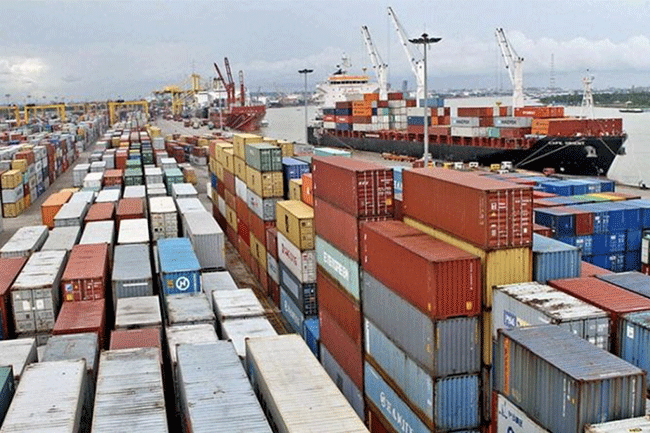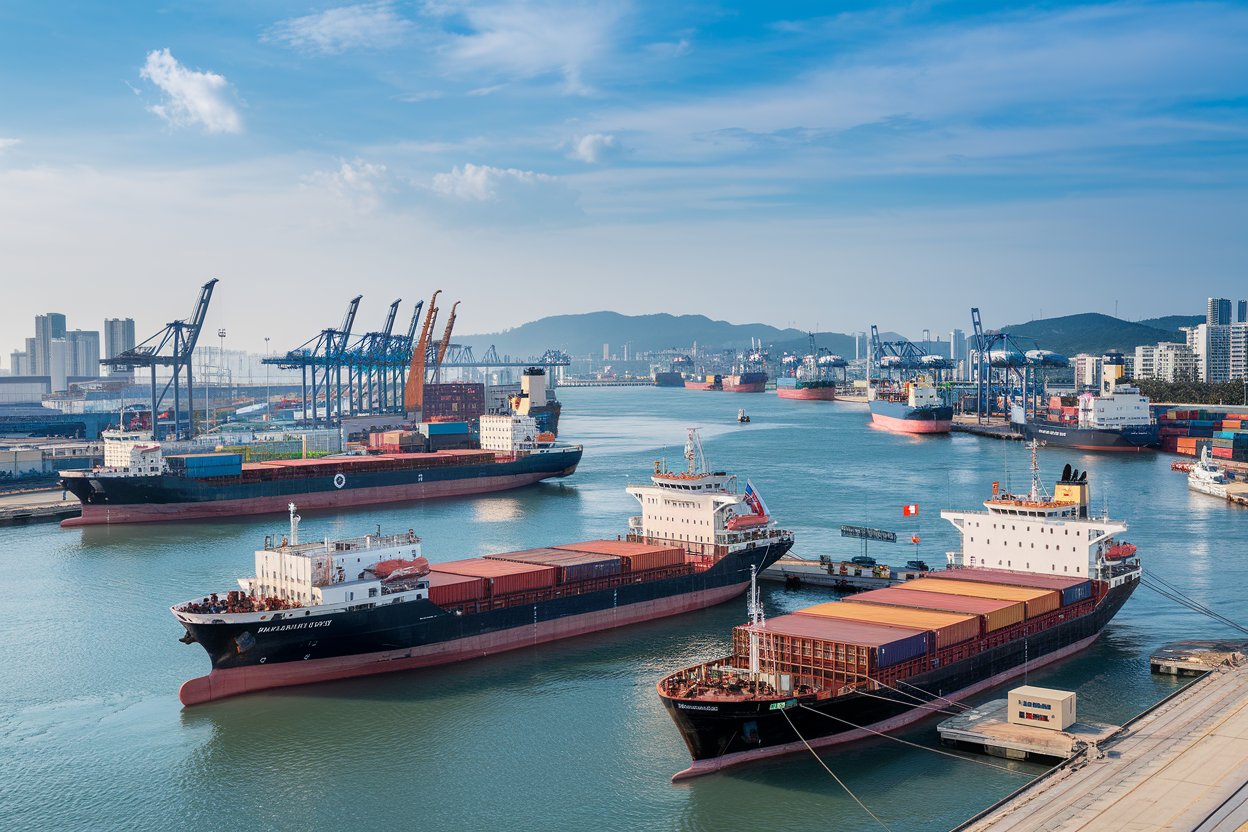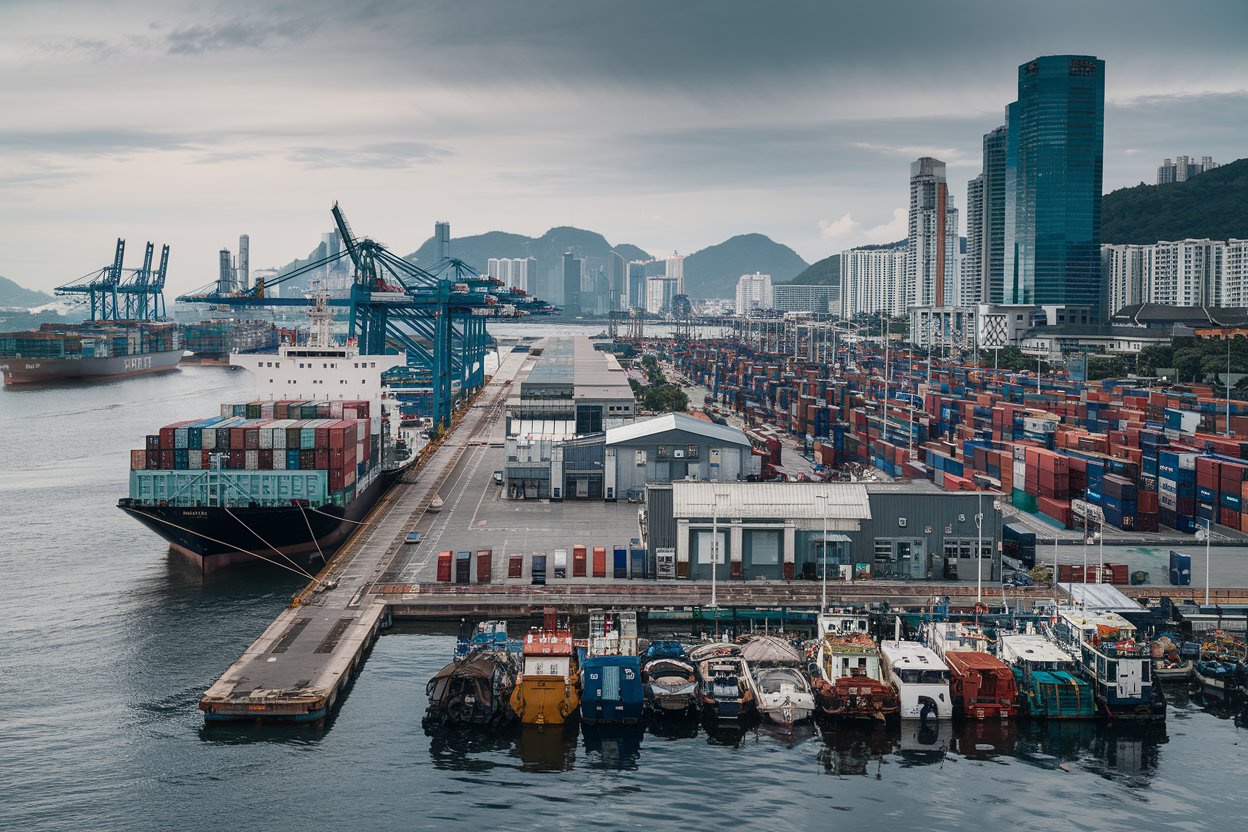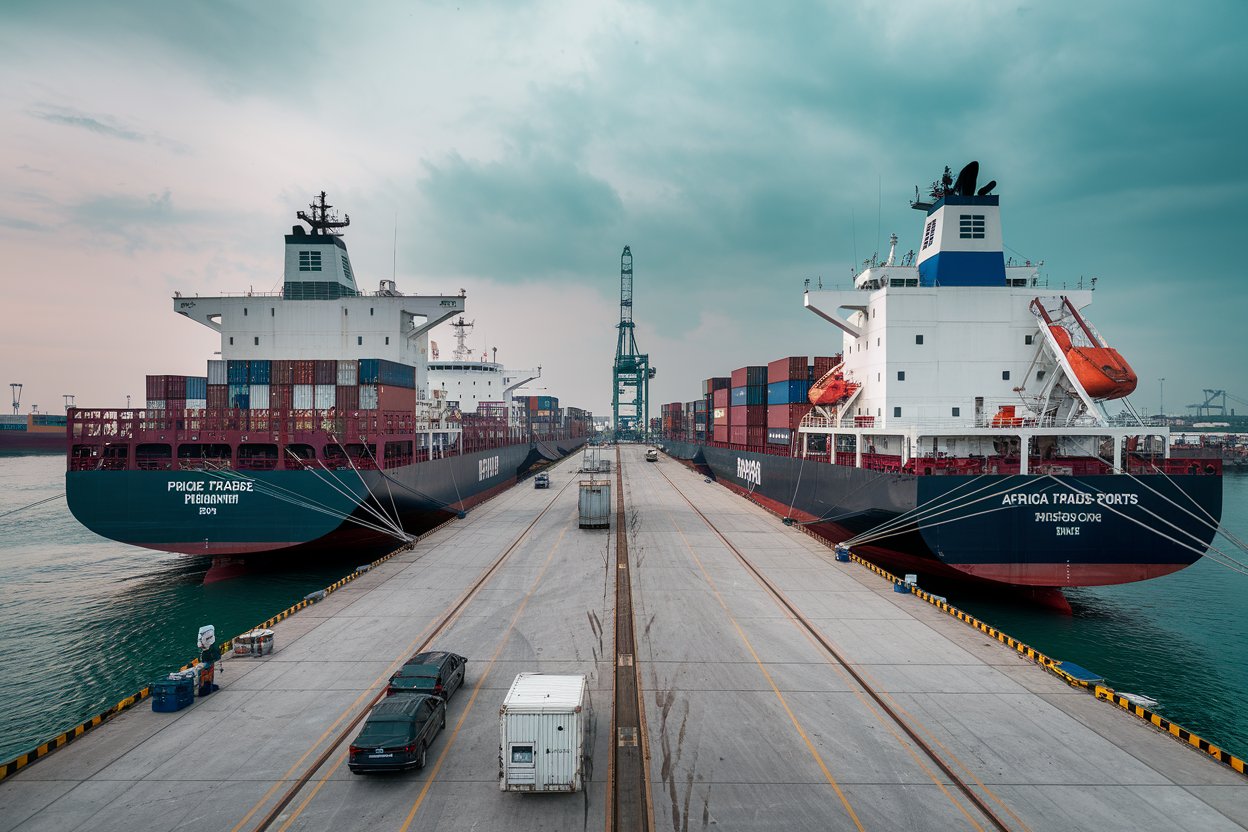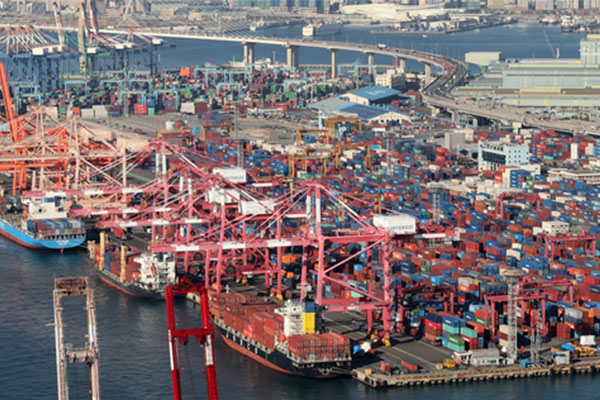- Shanghai Zhongshen International Trade Co., Ltd. - Two decades of trade agency expertise.
- Service Hotline: 139 1787 2118
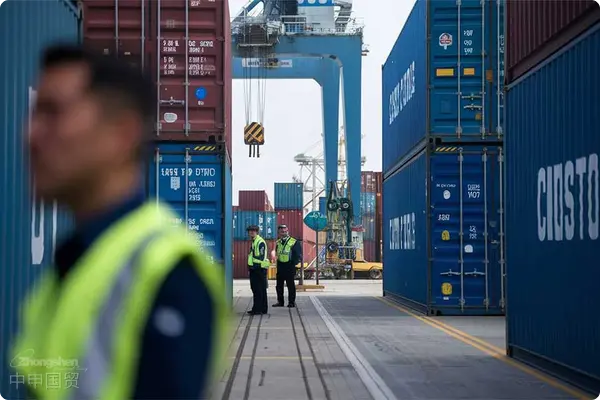
Myths about Geographical Restrictions on Labels and Export Compliance
Recently in industry exchanges, we frequently encounter peers asking an interesting question: Can goods clearly labeled For Mainland China Region Use Only be normally exported? This seemingly simple question actually involves customs supervision, international practices, and practical operations. As a...import and exportbeen in the industry for 20 yearsforeign tradeWell, lets talk about this topic today.
The Actual Situation of Customs Supervision
First of all, it should be clear thatCustoms has no mandatory regulations on the geographical restrictive words on product labels.In the practice of customs clearance, what customs mainly pays attention to is:
- Whether the goods belong to prohibited or restricted import and export goods
- Whether the declared information is true and accurate
- Whether it complies with the technical standards of the destination country
That is to say, as long as your product itself is legally exportable, having For Mainland China Use Only on the label typically wont be grounds for customs rejection. But theres a prerequisite—Goods must meet the relevant requirements of the importing country.
Potential Risks in the International Market
Although customs does not prohibit it, from the perspective of international trade practices, this approach has certain risks:
- It may cause misunderstandings among importers or end - consumers
- It may be regarded as false marking in some countries
- It increases the risk of product liability disputes
Recall a 2018 case where a Chinese companys electronics labeled For Mainland China Use Only were exported to Germany. When local consumers claimed compensation for product defects, the manufacturer tried using this label to evade responsibility. The local court ruled this defense invalid, imposing heavier penalties instead.
Practical Operational Suggestions
Based on years of experience, I suggest that foreign trade practitioners adopt the following practices:
- It is best to use international common labels for export products: Avoid using geographical restrictive expressions
- Ensure that products meet the standards of the destination: This is the key to whether export is possible
- In special cases where the original label must be retained: Consider affixing a supplementary label that meets the requirements
If it is really impossible to change the original label for some reasonsAt least indicate the situation on the commercial invoice and packing listand communicate fully with the importer to avoid subsequent disputes.
Deeper Thinking
What this problem reflects is a common phenomenon when Made in China goes global -The internationalization level of product design and market positioning is insufficient.As Chinese enterprises increasingly participate in international competition, it is recommended to consider the compliance requirements of the global market during the product development stage and establish a unified product identification system.
Ultimately, foreign trade is not simply the cross - border movement of goods, butthe adaptation and application of a whole set of international business rules.The label issue is just the tip of the iceberg. More importantly, it is to cultivate a global mindset and enable Made in China to truly seamlessly connect with the world market.
Related Recommendations
Learn
Get in Touch
Email: service@sh-zhongshen.com
Related Recommendations
Contact via WeChat

? 2025. All Rights Reserved. Shanghai ICP No. 2023007705-2  PSB Record: Shanghai No.31011502009912
PSB Record: Shanghai No.31011502009912
